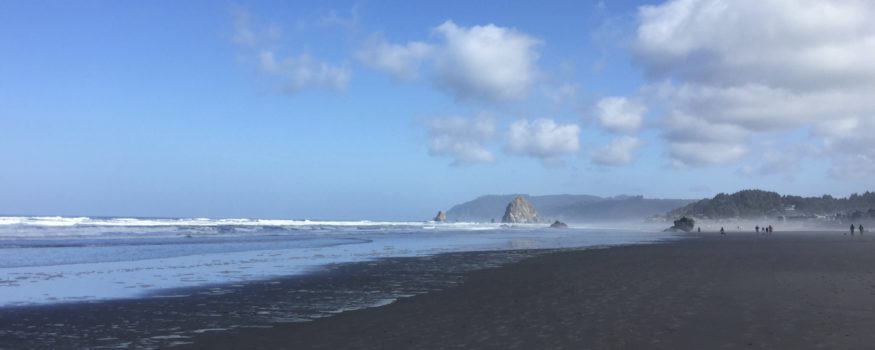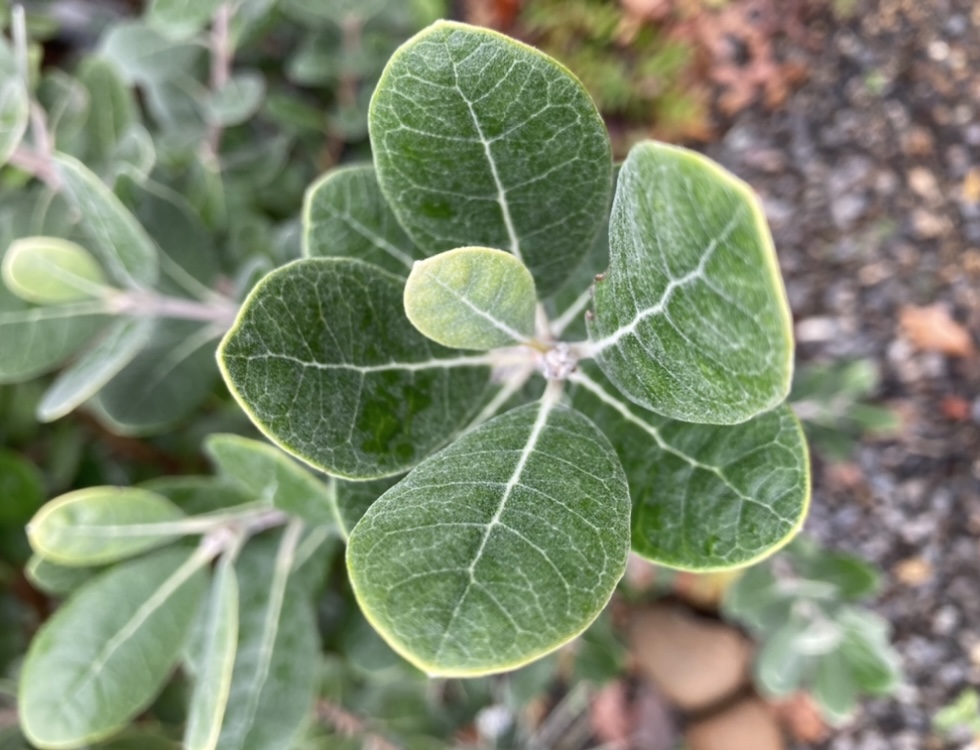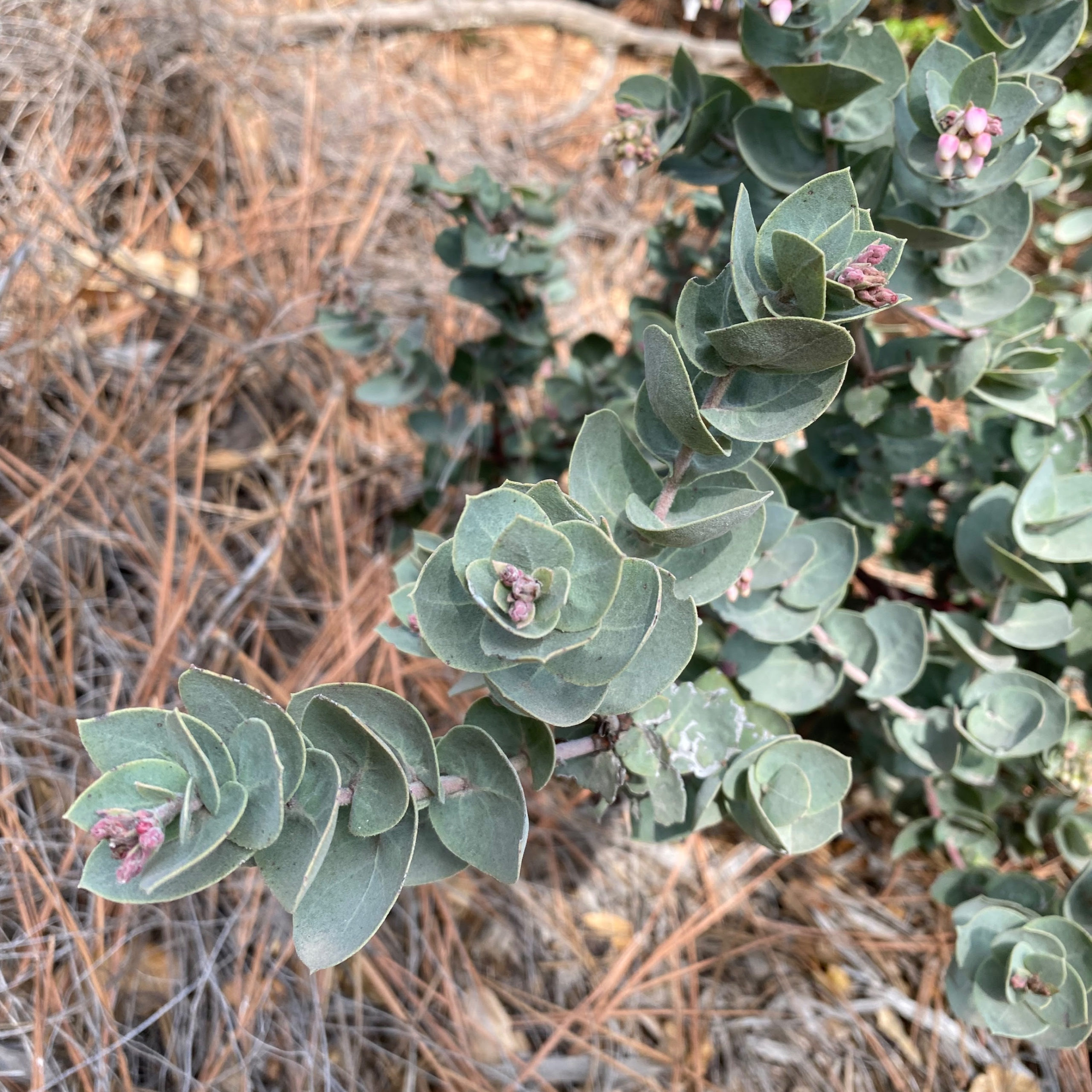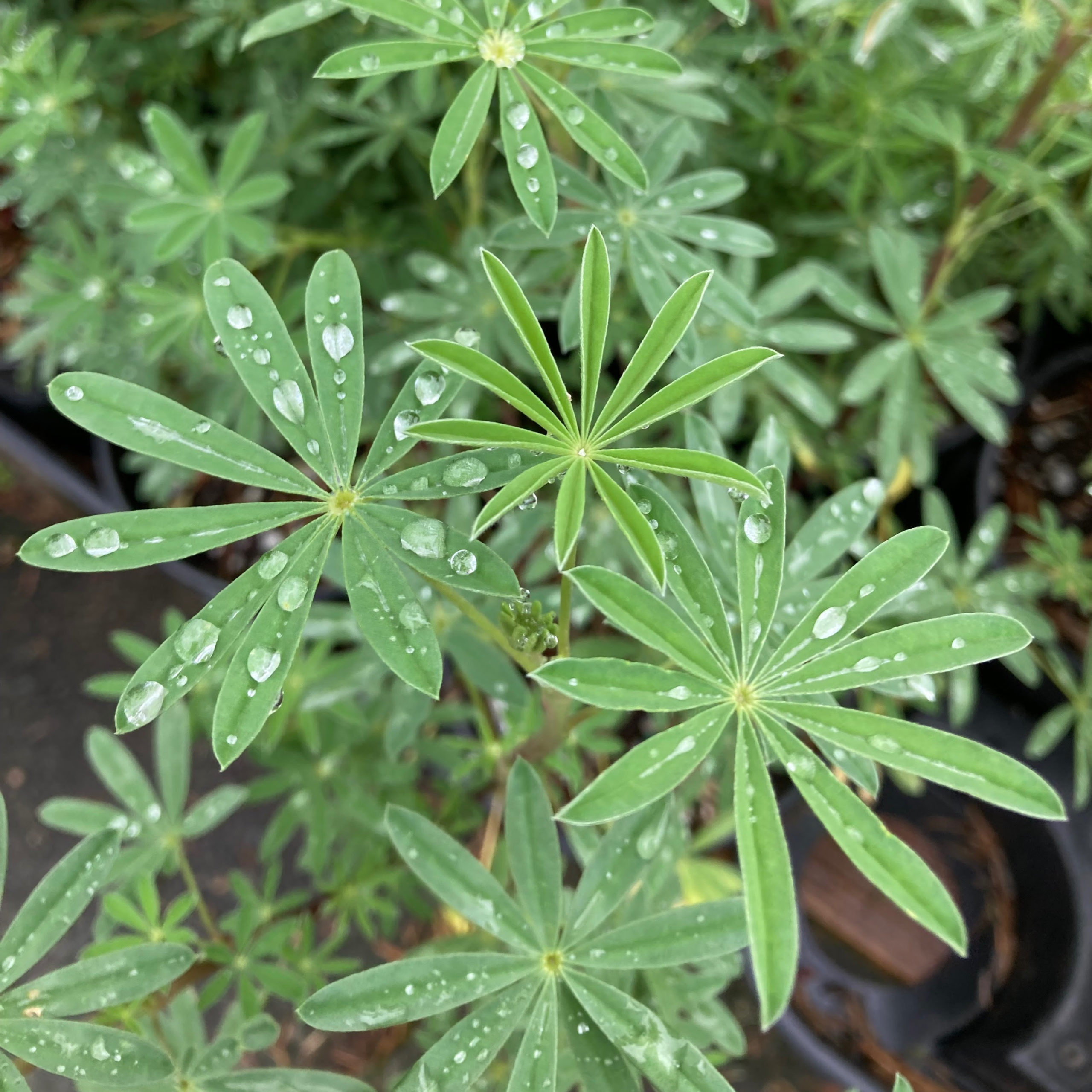- Shop
- Apparel
- Berries
- Books
- Bundles
- Citrus
- Fertilizer & Pest Control
- Fruiting Ground Covers
- Fruiting Shrubs
- Fruiting Trees
- Herbs, Spices, and Teas
- Mason Bees
- Nitrogen Fixers and Companion Plants
- Northwest Natives
- Nut Trees
- Ornamentals & More
- Perennial Vegetables
- Rootstock
- Subtropical Fruits
- Tools
- Vines
- Xeriscape
- Sale Items
- Information
- Nursery News
- Contact Us
- My Account

Plant an Ocean Friendly Garden with Native and Drought Tolerant Plants
Build a Healthy, Sustainable Garden!
You may be thinking, what does my garden have to do with the ocean? Water runoff is actually the largest source of ocean pollution in urban areas. Drainage from urban stormwater will find its way to the ocean through streams and rivers, and ultimately the pollution it brings can be detrimental to ocean ecosystems. It is important to consider the principles of creating an Ocean Friendly Garden (OFG) when cultivating plants, and consider the impact you have on the natural world around you.

Traditional landscaping practices typically depend on fertilizers and other chemicals to manage plant growth. This is problematic since these chemicals provide an over abundance of nutrients to aquatic ecosystems. Gardens can also consume large quantities of water in a wasteful manner if not designed carefully. To address these issues, we encourage implementing aspects of OFG to your yard.
The three principles of OFG are Conservation, Permeability and Retention.
- Conservation– Limit water demand and provide habitat for wildlife in your garden.
- Permeability– Soil can act as a sponge for water when healthy, and this helps conserve water and filter out pollutants.
- Retention– Conserve rainwater in your landscape to replenish local water supplies.
What you can do to make your garden more ocean friendly:
- Plant native species. Here in the PNW, there are a multitude of beautiful native species that are easy to grow. Some of our favorites are the Evergreen Huckleberry and Salal Shrub, which produce tasty fruits and have lovely foliage that stays around all year.
- Plant drought tolerant species. As average temperatures continue to rise, drought tolerance is becoming more and more favorable. It will also save you water to plant species that are well adapted to dry conditions.
- Grow organic! Pesticides, herbicides, and fertilizers are detrimental to the environment and can cause serious health issues for aquatic organisms. Using organic fertilizers and sprays to treat pests and diseases reduces this and keeps your plants growing strong. You can find all natural fertilizers as well as organic pest management methods on our website HERE.
- Compost food and garden waste. This not only will help feed your plants, but also recycles nutrients back into the soil and creates a healthier soil microbiome.
- Mulch, mulch, mulch! Mulching the base of plants with a thick layer of straw, compost, rotted manure, wood chips, sawdust, or other material will inhibit weed growth and conserve water. It will also provide nutrients to your plants as it decays.
In addition to these, consider designing rain and water catchment systems within your garden that allow water to flow through your landscape. This allows plants and soil to soak up water and reduce runoff.
The concept of the Ocean Friendly Garden comes from an environmental advocacy organization called Surfrider Foundation. We recommend taking a look at their website HERE if you are interested in learning more.




